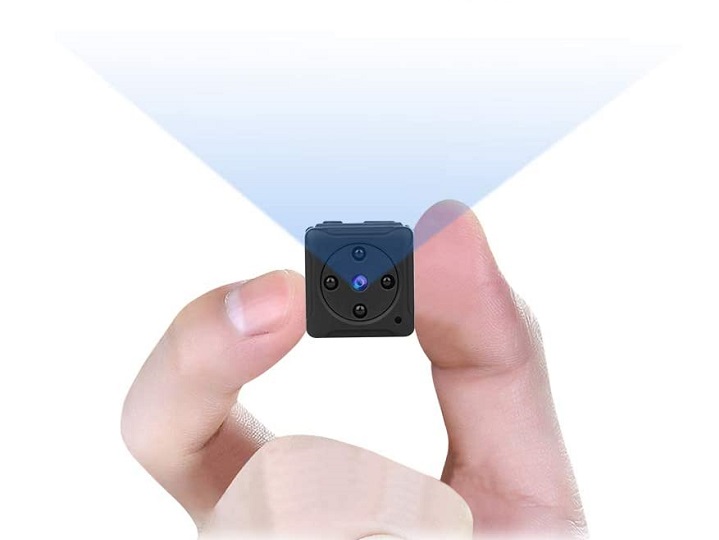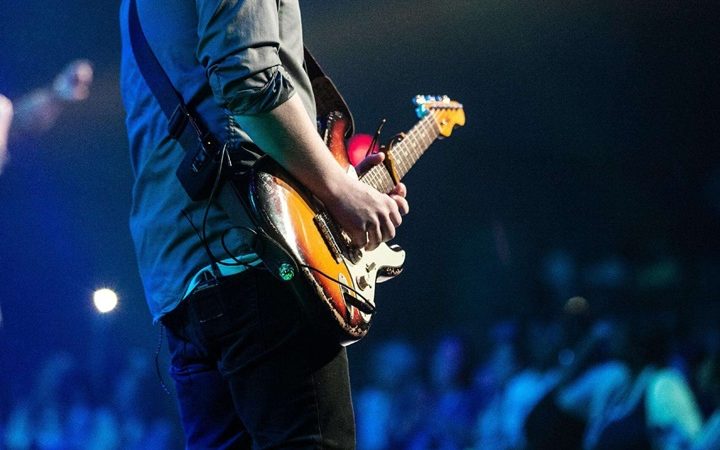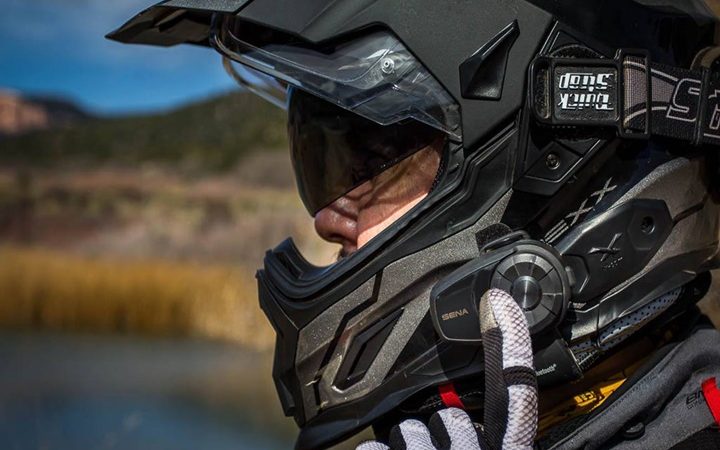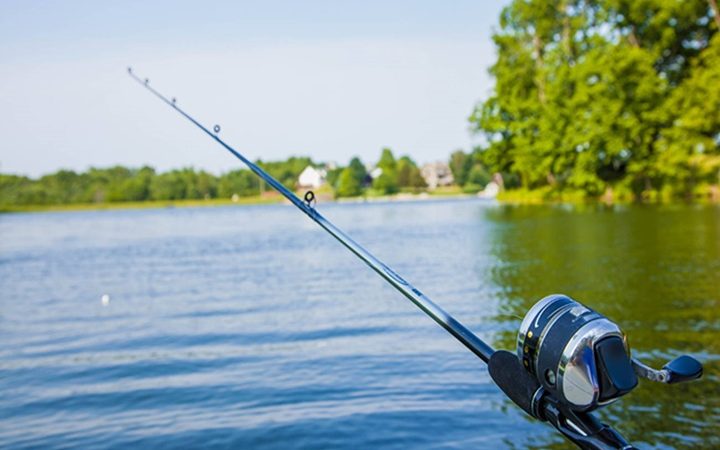Is it Illegal to Wear a Hidden Spy Camera?

Spying is most definitely illegal, just like similar types of behavior such as stalking, collection of information without consent, taking photos, or downright shooting a video of someone if they didn’t explicitly allow you to do so.
However, it seems that using a spy cam is pretty safe and legal under certain circumstances. In this article, we’ll talk about when, where, and why is it legal to use a spy camera.
Contents
Technically speaking, you can wear a hidden spy camera if it’s off pretty much anytime and anywhere. If it’s on, though, there are multiple scenarios in which it is legal, but generally, it’s illegal. Not all countries in the world have addressed the issue of ‘spying’ and ‘taking photos/videos’ universally, but the vast majority of modern world countries have made it illegal.
Are there any jobs where spying is legal?
The only line of work where spying is actually legal (for the most part) is within the infrastructure of the public sector; again, different countries rely on different laws and regulations in this particular case.
Journalists and private investigators are schoolbook examples of people who are constantly crossing the line – it’s important to understand that no one apart from national security can wear and use hidden spy cameras.
The reason for this is quite obvious; most constitutions proclaim that ‘state’s interests are always a bigger priority than those of an individual’. Additionally, most constitutions also proclaim that ‘certain cases are exempted from the law if national security is endangered, in times of war, or in times of crisis (natural disasters, for example).
Even police officers can’t spy on you unless they have a warrant. Moreover, a police officer that does not state your rights while informing you that the particular event in question is being recorded (audio or visual recording) is not doing his or her job properly.
Can I use a spy camera to film the environment?
You will be able to use a hidden spy camera just like a regular camera to film anything except people (without their consent) in most public places and locations such as parks, city streets, or restaurants.
You don’t need any kind of authorization and even though people could potentially file a complaint if they happen to be in the video, it’s usually obvious when someone is being spied on and filmed as opposed to ‘something’ being filmed objectively without any intent or interest in filming actual people.
Although you will become the ‘owner’ of the videos you take with your hidden spy camera, there are certain limitations to how you can actually use them.
You will always be able to use them for ‘private purposes’, which basically means that you can view them whenever and as many times you wish or edit them in (almost) any way you like. However, keep in mind that if those videos ‘contain’ people that can be recognized in any way (either graphically or sonically), you won’t be able to handle them so liberally.
Let’s imagine that you’re shooting a video in a park on a sunny weekend day; there are hundreds of people, some of whom are passing through, some who are staying where they are. It’s impossible to ask for consent or even let everyone know that you are using a hidden spy camera for whatever reason. In fact, that would ruin the ‘covert’ aspect of using a spy camera in the first place.
You will be able to share and upload your videos (or photos) you’ve taken with your hidden spy camera if you can prove that your intent was to film a certain public location. Keep in mind; filming private homes or public buildings (especially police stations, military buildings, and such) is illegal. In most cases, you’ll not even be able to get proper authorization (or consent).
Frequently Asked Questions
Spying is both legal and illegal, depending on the prism through which we are looking at the scenario in question. That’s why it’s quite easy to get confused about whether or not you can actually wear or use a hidden spy camera. Here are some examples of questions people typically have regarding the use of hidden spy cams:
What is the most important factor that determines whether spying is legal or illegal?
Laws are typically constructed and conceived in such a way that they weigh ‘intent’ over ‘actions’ in particular scenarios where it’s hard to differentiate the gravity of the outcome. Spying or better said using a spy camera represents such a case. For example, using a spy cam to monitor your home if you’re on a vacation is completely legal. On the flip side, trying to lure someone to say something they otherwise wouldn’t is illegal. In this regard, ‘intent’ is the most important factor.
Can employers use spy cameras to monitor their employees?
There are numerous loopholes in laws that regulate this particular field of ‘espionage’, and whether or not this can be considered as espionage in the first place.
What most companies do, though, is that they put all their demands (as an employer) alongside the initial job offer on the paper you’re supposed to sign before you get the job. You are encouraged to read the ‘terms and conditions’ of your new workplace, but in most cases, you can’t agree to some while rejecting the others. Rejecting anything typically means declining the offer.
Essentially, taking a photo (or a video) of someone without their consent is a breach of their personal security, which is guaranteed by the constitution in every modern country. Although district attorneys will not ‘hunt’ for these types of felonies, the person you are filming can always file a lawsuit; the odds of you losing in this particular scenario are sky-high by default.




